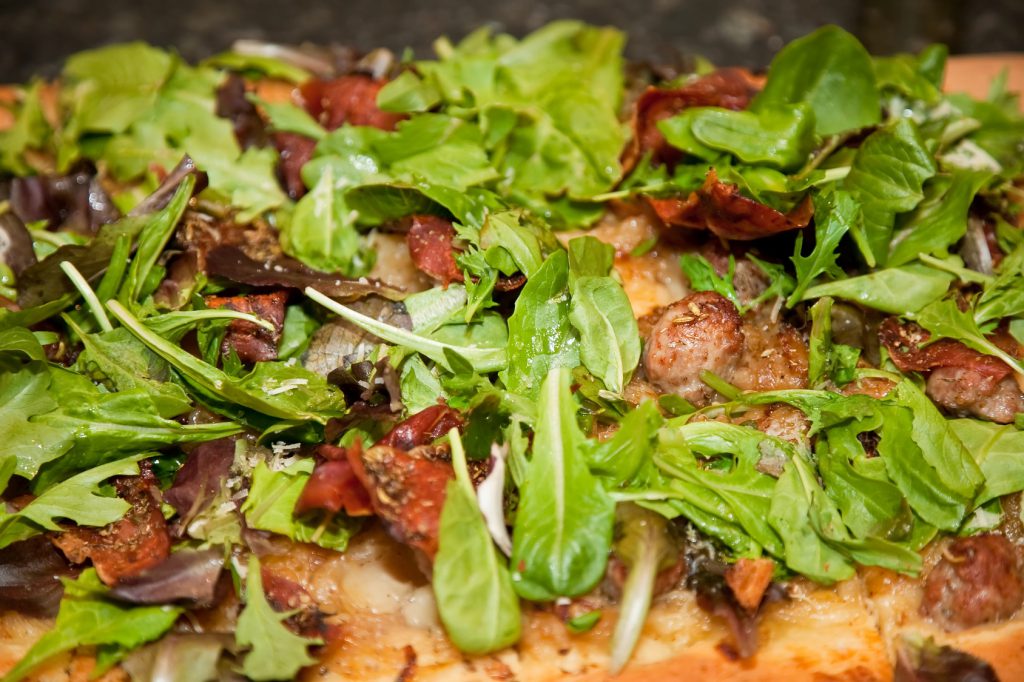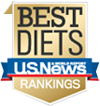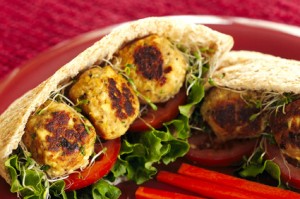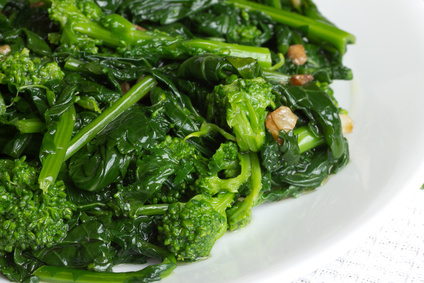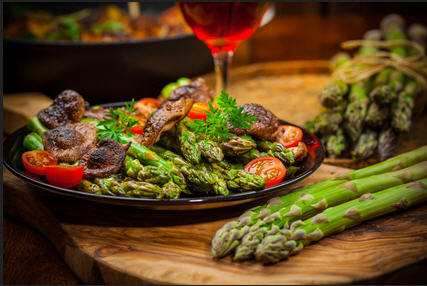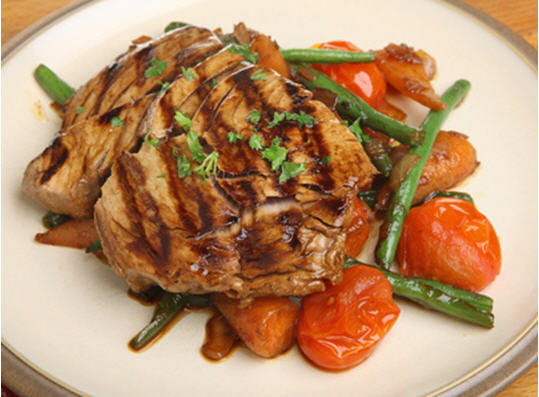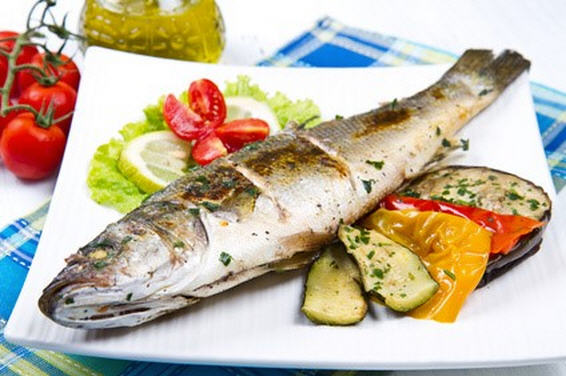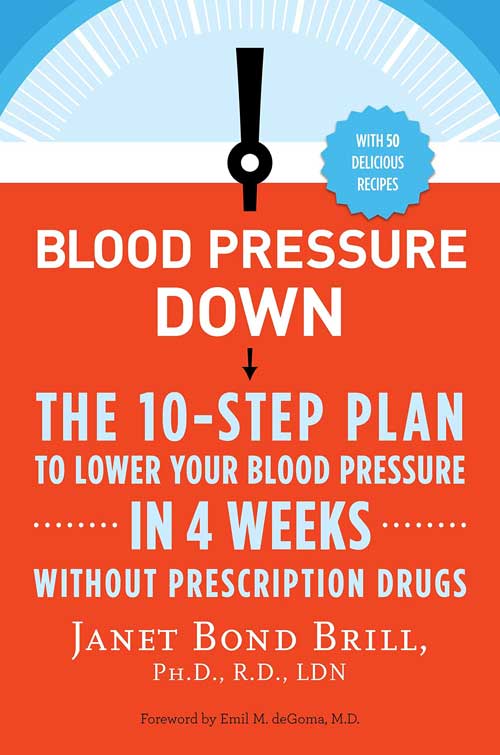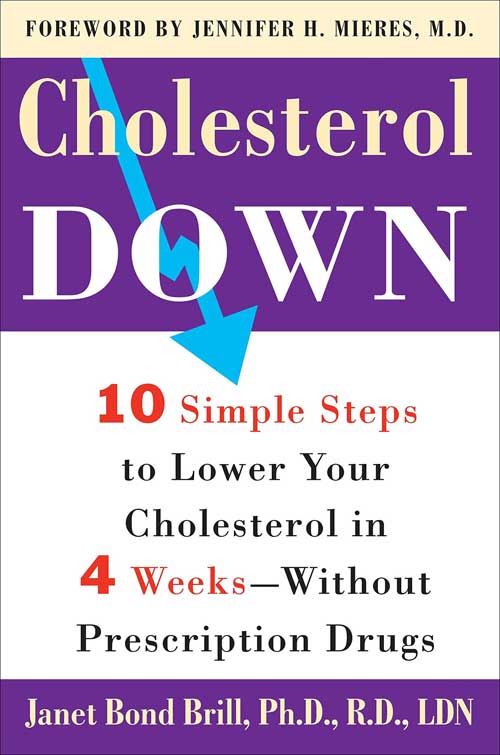By
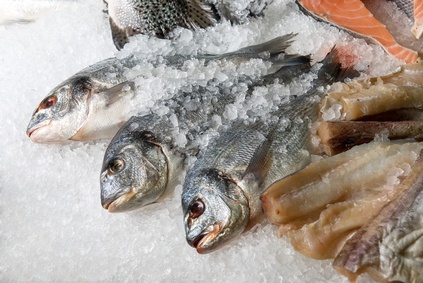

All living organisms need protein. It”‘s an essential part of our muscles, tissue, hair, blood – virtually every part of the body uses protein. Here are all the basics you need to know about what protein does and how to work it into your diet for maximum benefit.
What Protein Does for the Body
Protein is often referred to as the building block of the body, and there is no question that it”‘s a workhorse. Protein is the main source of power for cells, and it”‘s the main structural component for all the organs and tissues in the body.
These complex molecules are largely made up of many different types of amino acids that are linked together in one continuous string. The amino acids help to determine the protein”‘s main function. Proteins can act as:
- · Antibodies
- · Enzymes
- · Messengers
- · Structural components
- · Transporters
- · Storage containers
Different types of proteins have specific purposes, which is one reason why it”‘s important to consume protein from a variety of sources. Of the 22 amino acids, our body can produce 13 on its own, however the other 9 essential amino acids have to come from the protein we eat.
How Much Protein Do You Need
Some people live by the theory that you can never have enough protein. While that may be true for bodybuilders, for everyone else it is best to keep an eye on your daily protein intake and follow the Recommended Dietary Allowance (RDA). The RDA for protein is:
0.8 grams of protein x weight in kilograms = daily protein RDA
The RDA is a minimum that the average person needs to meet daily nutritional requirements. It equates to roughly 10% of a person”‘s calories for the day. However, doubling or even tripling that amount won”‘t adversely affect your health. If you are more active or trying to build muscle mass you”‘ll certainly want to eat extra protein beyond the RDA.
Where to Get Protein
There are more protein sources than most people realize. However, meat is the undeniable source of choice. Pound for pound, meats pack in more protein than other foods like legumes and dairy products. There is also the issue of other nutrients that are packed in with the protein. Lean meat that is low in saturated fat is often the recommended protein source. This group includes chicken, turkey and fish. Meat is referred as a complete protein because it contains all 9 amino acids that the body can”‘t produce. But it”‘s important to also consume other protein sources from plants, nuts, seeds, beans and dairy so that you get a balance of antioxidants and other nutrients.
One thing to keep in mind is that you want your protein sources to be as natural as possible. Processed meats with artificial preservatives have been linked to a number of health issues, not to mention their poor taste. The good news is today there are many all-natural options such asOlli Salumeria salami which offers equally tasty and natural alternatives to meats that are typically full of preservatives.
Which Proteins to Eat at Different Meals
There has been a lot of debate lately about whether Americans eat too much protein. Studies have been produced that prove and disprove this, but one thing is agreed upon. People tend to eat most of their protein at dinner, and this isn”‘t ideal. Your body can only process so much protein at once, and when you”‘re sedentary at night high levels aren”‘t needed.
Spreading out your protein intake through the day will help to keep your energy levels up and your muscles strong when you need them the most. Instead of eating 65 grams at dinner (the average in America) and just 10-15 grams for breakfast and lunch, try to eat 20-30 grams at each meal.
Breakfast – Eggs
Breakfast really is the most important meal because it helps to regulate blood glucose levels throughout the day. Eggs are a popular option for breakfast because they are quick and easy to make. They are also cheap and full of protein. You can add extra protein with peanut butter on whole-wheat toast or apple slices and a glass of low-fat milk.
Lunch – Deli Meat
A stacked sandwich that has an ample portion of lean, all-natural meat and a slice of cheese will give you the boost of protein you need to power through the day and feel full for longer.
Dinner – Fish
Grilled or baked fish is a great dinner option because it easy to digest, will keep you feeling full until bedtime and it”‘s light on calories. Salmon is an excellent source of low-fat, fiber-rich protein that also has heart-healthy omega 3 and other vital nutrients. Pair it with an ample serving of vegetables and a small portion of protein-filled whole grains.

